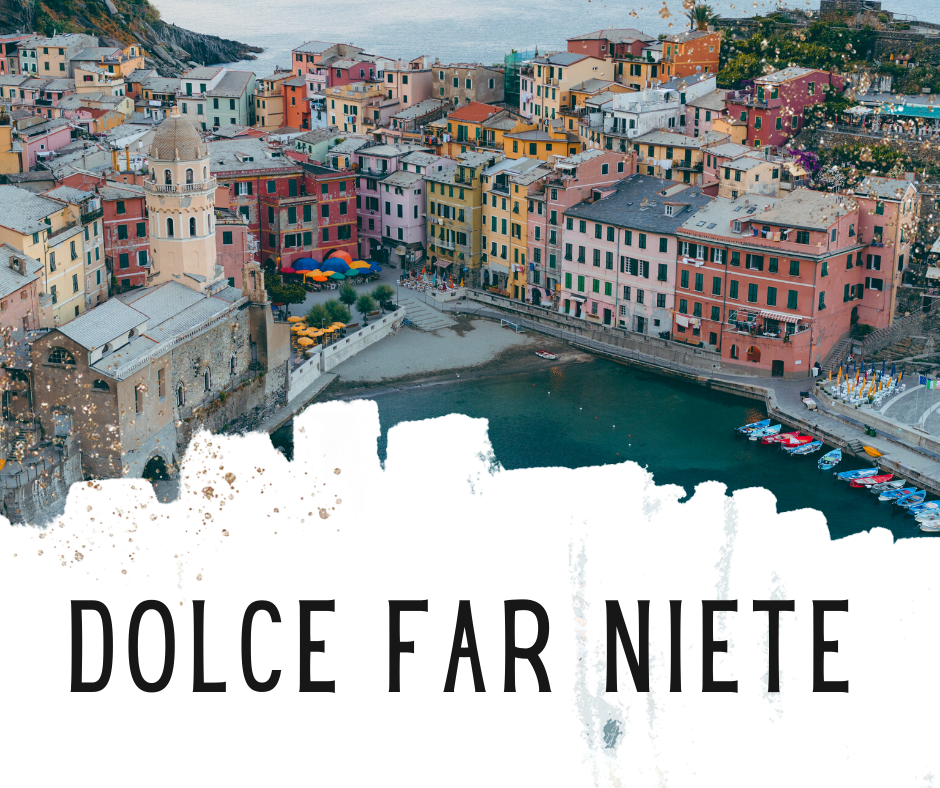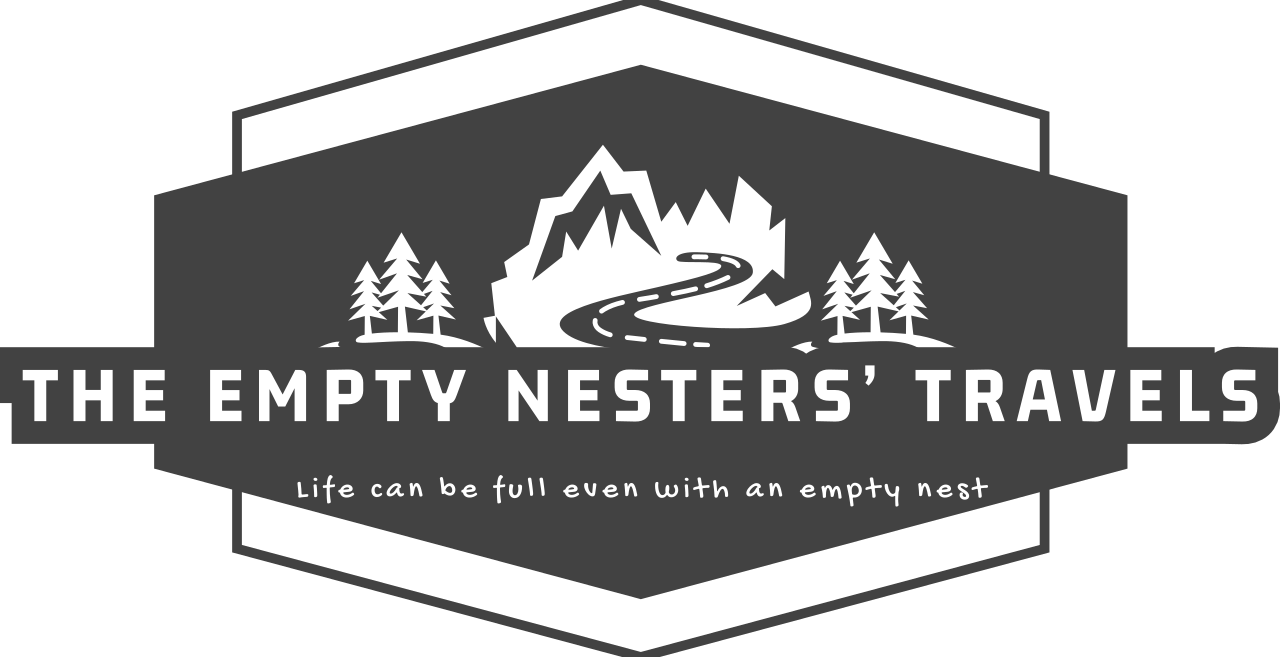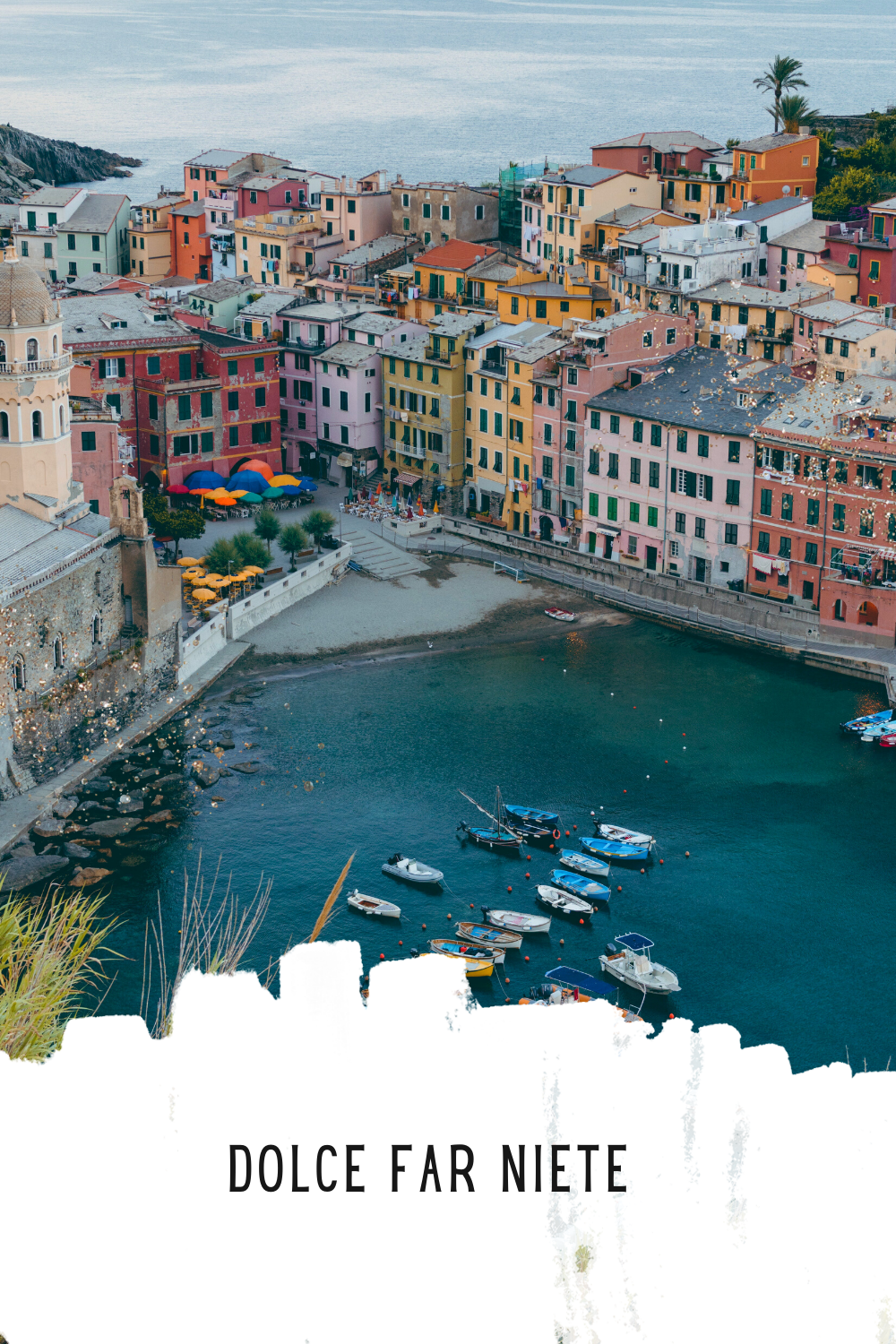If you’re traveling to Italy, we will share some important Italian key phrases and words that will be helpful.
It is important to know some basics of the Italian to include key Italian phrases when you are visiting for several reasons:
Communication: Knowing the basics of the language will enable you to communicate with the locals and make your trip more enjoyable. You will be able to ask for directions, order food at a restaurant, and interact with the people you meet.
Cultural understanding: Language is closely tied to culture, and understanding the language will help you understand the culture and customs of the place you are visiting. This can help you to show respect to the locals and avoid any unintentional cultural misunderstandings.
Safety: In emergency situations, being able to speak the local language can be essential for your safety. It can help you to ask for help or communicate with emergency services.
Personal growth: Learning a new language is a valuable experience in and of itself. It can broaden your perspective and open your mind to new ways of thinking and communicating.
Now let’s get into some Italian key phrases and words that will help you on your trip to Italy! 80+ key italian phrases and Words to Know When Visiting Italy
Key Italian Phrases – Greetings and Basic Phrases
If you’re a tourist in Italy, it’s important to know some basic Italian greetings.
- Buongiorno: Good morning
- Buonasera: Good evening
- Ciao: Hello/Goodbye
- Arrivederci: Goodbye
- Grazie: Thank you
- Prego: You’re welcome/Please
- Mi dispiace: I’m sorry
- Scusi: Excuse me (for attention)
- Permesso: Excuse me (to pass by)
- Per favore: Please
- A presto: See you soon
- Si: Yes
- No: No
- Parla inglese?: Do you speak English?
- Non capisco: I don’t understand
- Mi scusi, non parlo italiano (molto bene): I’m sorry, I don’t speak Italian (very well).
- Non capisco. – I don’t understand.
- Come si dice [word you want to know how to say] in italiano?: How do you say [word you want to know how to say] in Italian?
- Può scriverlo per favore?: Can you write it down please?
- Mi scusi, dove si trova…? – Excuse me, where is…?
- Quanto costa? – How much does it cost?
- Come sta?: How are you?
- Sto bene, grazie: I’m fine, thank you
- Mi dispiace – I’m sorry
- Va bene – Okay
- Grazie mille – Thank you very much.
Key Italian Phrases – Ordering Food and Drinks
- Un caffè, per favore: A coffee, please
- Un bicchiere di vino: A glass of wine
- Una birra: A beer
- Acqua: Water
- Vorrei ordinare…: I would like to order…
- Il conto, per favore: The bill, please
- Antipasto: Appetizer
- Primo: First course (usually pasta)
- Secondo: Second course (usually meat or fish)
- Dolce: Dessert
Key Italian Phrases – Directions, Transportation, and Travel
- Dove si trova…?: Where is…?
- Quanto costa?: How much does it cost?
- Treno: Train
- Autobus: Bus
- Biglietto: Ticket
- Andata e ritorno: Round trip
- Uscita: Exit
- Entrata: Entrance
- Destra: Right
- Sinistra: Left
- Dritto: Straight ahead
- Questo: This
- Quello: That
- Quante: How many?
- Vicino: Near
- Lontano: Far
- Può scrivere l’indirizzo per favore?: Can you write down the address please?
- Può scrivere il numero di telefono per favore?: Can you write down the telephone number please?
- Come posso arrivare alla stazione/museum/centro?: How can I get to the station/museum/city center?
- il bagaglio: luggage / suitcase
- il passaporto: passport
Key Italian Phrases – Emergencies
- Aiuto!: Help!
- Polizia: Police
- Ambulanza: Ambulance
- Incendio: Fire
- Numero di emergenza: Emergency number (dial 112 in Italy)
- Mi hanno rubato il portafoglio: My wallet has been stolen
- Ho bisogno di un medico: I need a doctor
Key Italian Phrases – Basic Italian Numbers
- Uno/una – One
- Due – (2) Two
- Tre – (3) Three
- Quattro – (4) Four
- Cinque – (5) Five
- Sei – (6) Six
- Sette – (7) Seven
- Otto – (8) Eight
- Nove – (9) Nine
- Diece – (10) Ten
- Venti – (20) Twenty
- Trenta – (30) Thirty
- Quaranta – (40) Fourty
- Cinquanta – (50) Fifty
- Sessanta – (60) Sixty
- Settanta – (70) Seventy
- Ottanta – (80) Eighty
- Novanta – (90) Ninety
- Cento – (100) One hundred
Some Beautiful Italian Phrases
- La Dolce Vita: the sweet life
- In bocca al lupo: good luck
- Chi va piano, va sano e va lontano (slow and steady wins the race)
- l’amore è cieco = love is blind
- Sei la mia anima gemella: you are my soulmate
Knowing these basic Italian phrases and words can help you communicate effectively with locals, navigate around the country, and make your trip to Italy more enjoyable.

Another phrase that you might hear while in Italy is “dolce far niente” which literally means “the sweetness of doing nothing“.
This is more than an expression, it’s a life motto for Italians. It describes the Italian art of doing nothing and not feeling guilty about it. It perfectly sums up what Italians value in life and the importance of taking time to slow down and enjoy life. So while you’re in Italy, be sure to slow down and enjoy every bit! Get inspired for your trip with these quotes!
If you know of any “must know” words or phrases that I missed, please comment below!
– S&E


Carlos Sanjurjo
Thursday 23rd of February 2023
Great help
Wendy
Thursday 23rd of February 2023
Just a spelling error and missing the accent: l'amore è cieco = love is blind Also you will constantly hear allora, which can mean different things depending on the mode of delivery. It can mean well?, so/well, so what? Buongiorno is used almost all day, until around 4pm. Also, salve (pronounced sal-vay) ⁹ which is used to say hello or goodbye, but in a situation where people are strangers and have not yet been introduced. Often used when leaving a lift when other people are in it and you are exiting, or when you enter a shop. It is quite particular, and very impersonal.
theemptynesterstravels
Thursday 23rd of February 2023
Thank you so much for your comment! I fixed the spelling error and appreciate your support. I am very glad you introduced me to the word salve; I will be sure to use it when in Italy:). Are you a fluent Italian speaker?